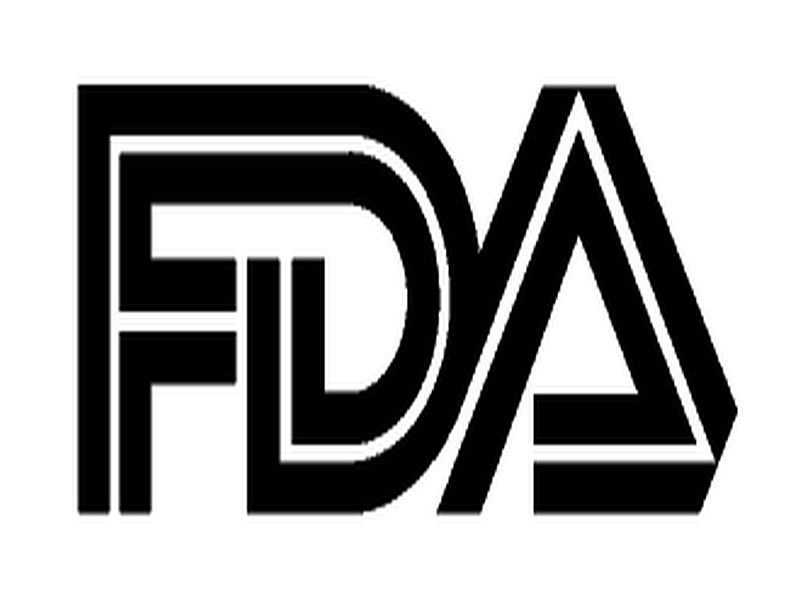
The U.S. Food and Drug Administration on Friday approved an altered dose of the drug Mylotarg to treat a distinctive type of acute myeloid leukemia — CD33-positive AML.
An earlier version of the drug had been withdrawn from the market when health risks started to emerge.
Known generically as gemtuzumab ozogamicin, the drug received the go-ahead to treat adults newly diagnosed with CD33-positive AML. It also can treat children aged 2 years and older with the disease if they’ve relapsed or have not responded to initial treatment, the FDA said in a news release.
AML is a rapidly progressing cancer. It forms in the bone marrow and elevates the number of white blood cells in the bloodstream. More than 21,000 people will be diagnosed with AML this year in the United States, and about 10,600 will die of it, according to the U.S. National Cancer Institute.
This isn’t the drug’s first trip through the FDA. In 2000, Mylotarg received accelerated approval for older adults with CD33-positive AML who had relapsed. But because of a “high number of early deaths” and lack of data verifying clinical benefit, it later was voluntarily taken off the market, the FDA said.
The new approval involves a lower dose, a different patient group, and a new schedule along with chemotherapy or on its own, the agency explained.
“We are approving Mylotarg after a careful review of the new dosing regimen, which has shown that the benefits of this treatment outweigh the risk,” said Dr. Richard Pazdur, director of FDA’s Oncology Center of Excellence.
“Mylotarg’s history underscores the importance of examining alternative dosing, scheduling, and administration of therapies for patients with cancer, especially in those who may be most vulnerable to the side effects of treatment,” Pazdur said.
Mylotarg, which is made by Pfizer Inc., is a targeted therapy. The FDA said it appears to be toxic to the AML cells that produce the CD33 antigen.
Prior to its approval Friday, the drug was tested along with chemotherapy in a trial of 271 patients with newly diagnosed CD33-positive AML. Patients who received the chemo-Mylotarg combination went longer without complications than those who received chemotherapy alone — half went more than 17 months with the combination treatment versus a median of 9.5 months for the chemo-only group.
As a stand-alone treatment, Mylotarg was studied in two trials. One included 237 newly diagnosed AML patients who could not tolerate or chose not to receive chemotherapy. Patients given Mylotarg survived about one month longer on average than those who received only “best supportive care” — almost 5 months versus less than 4 months, the findings showed.
The second stand-alone trial included 57 patients who had suffered one relapse. After one course of Mylotarg, 26 percent of patients achieved a remission that lasted roughly 11.6 months on average, according to the researchers.
The drug is not without risks, however. Fever, nausea, bleeding and low levels of platelets in the blood were among the common side effects. Severe side effects included low blood counts, infections, liver damage and hemorrhage. Women who are pregnant or breast-feeding should not take Mylotarg, the FDA said.
In addition, Mylotarg includes a boxed warning that severe or fatal liver damage occurred in some patients.
More information
The U.S. National Cancer Institute has more about AML.
Source: HealthDay

Leave a Reply